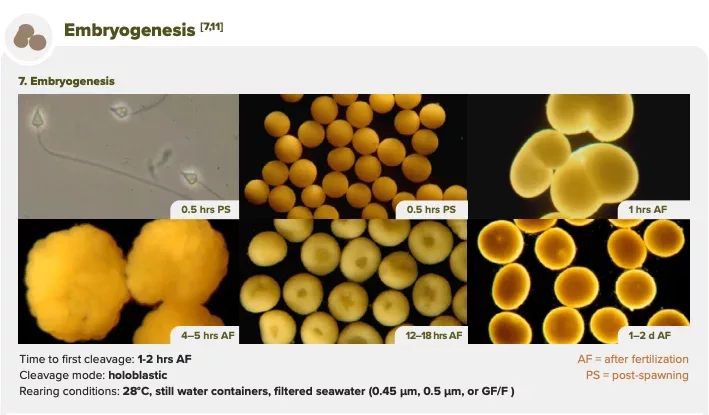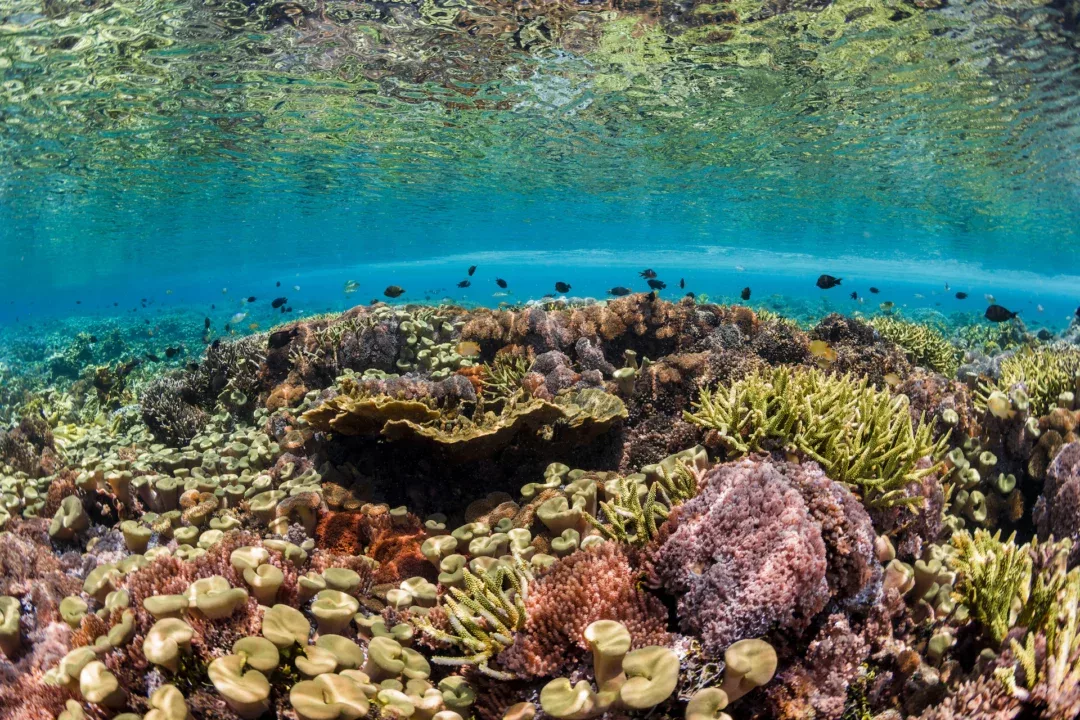ICRI member, the Coral Restoration Consortium, has recently released the Coral Breeding Reference Sheets (CBRS) that are the result of the CRC Larval Propagation Working Group’s partnership with ICRI member SECORE International. These comprehensive resources were created through a collaborative effort that involved over 26 reproductive biology experts and 13 different organisations.
The 4 CBRS released are for Acropora palmata, Orbicella faveolata, Diploria labyrinthiformis, and Porites porites, with three more species in the pipeline (Montastraea cavernosa, Colpophyllia natans, and Pseudodiploria strigosa) and are expected to be released in the summer of 2024.
Hosted on the CRC website (here), these sheets were conceived by Dr. Valérie Chamberland, research scientist at SECORE International, and a member of CRC’s Larval Propagation Working Group. After receiving her PhD degree on coral reproduction and larval propagation, Dr. Chamberland realised the value of sharing the large amount of data on individual species traits that she had amassed. Chamberland set out to create the CBRS as reference guides where this data could be summarised per species, along with existing published data.
Chamberland worked with core members of the CRC’s Larval Propagation Working Group, including Dr. Margaret Miller, Dr. Anastazia Banaszak, Dr. Kristen Marhaver and Sandra Mendoza Quiroz to bring these products to life.
The production of these resources reflects the CRC’s role in the global restoration effort as a community of practice where knowledge is shared in order to elevate coral restoration science.
“Not one coral species is the same when it comes to reproduction and early-life ecology. The Coral Breeding Reference Sheets not only highlight a coral’s unique characteristics, they also provide guidance tailored to each species’ needs to achieve the highest success in coral breeding and propagation”. – Dr. Valérie Chamberland

The CBRS contain all the information currently available, published and unpublished, on four species’ reproductive biology and early-life history, along with best practices for their successful larval propagation. These CBRS are live documents: they can be updated as new editions when new data become available.
Currently, these CBRS are limited to Caribbean coral species. Those working in other regions are welcome to prepare reference sheets for their own species using these templates.
Source: Slightly adapted from Coral Restoration Consortium Press Release

